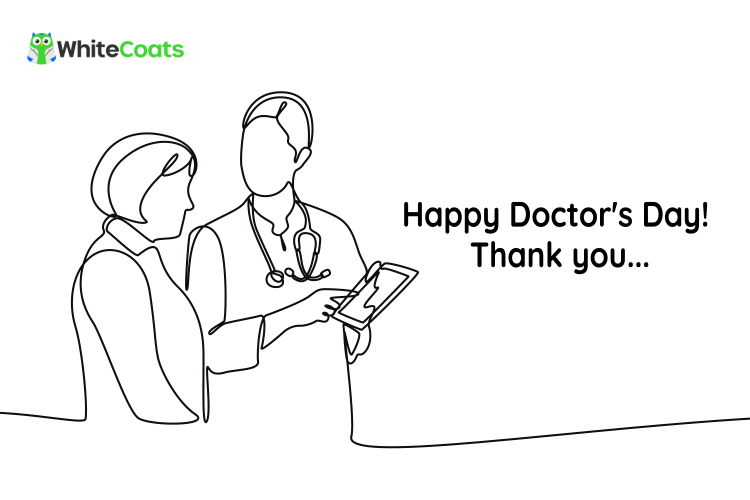
Celebrating National Doctors’ Day : Honoring Our Healthcare Heroes
July 1, 2024Book A Free Demo
Latest Blogs
Digital technologies have become an integral part of healthcare. They have made an enormous impact on patients as well as healthcare professionals. Medical care systems across the world operate with greater efficiency and accessibility today.
Innovations in healthcare are primarily aimed at improving life expectancy and quality, diagnostic processes, care delivery processes, medications, surgical interventions and home-based healthcare delivery.
Through technology, digital tools are widely available for continuous monitoring of health, to exchange of information between patients and physicians, and to support clinical decision-making and disease management. They allow real-time communication with patients and enable the delivery of timely, and possibly life-saving, interventions. They promote patient autonomy and self-management of diseases. Patient safety is enhanced as well, through the integration of abilities and responsibilities of medical personnel.
Additionally, telemonitoring is highly beneficial in medical emergencies as it allows healthcare organisations to activate services at any given time and place. The availability of other services like assistance, information, and communications has driven the adoption of multiagent systems for the implementation of telemonitoring applications.
With the help of information technologies, hospitals can manage administrative tasks and medical data more effectively. They can collaborate with other organisations to provide faster access to diagnostic outcomes. Therefore, healthcare organisations that allow for and integrate digital technologies into their operations will reap significant benefits.


